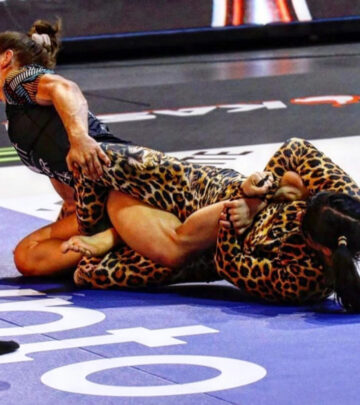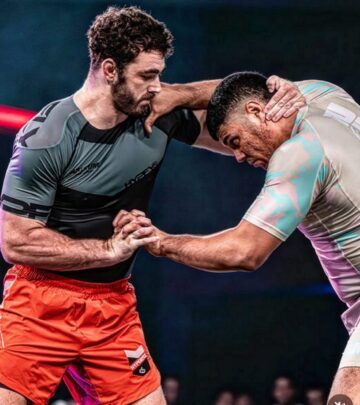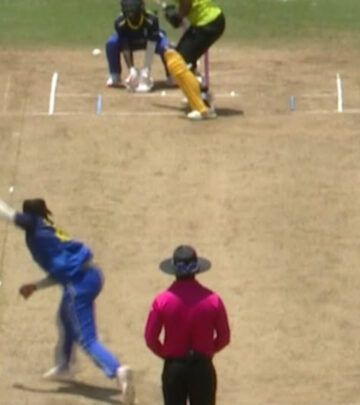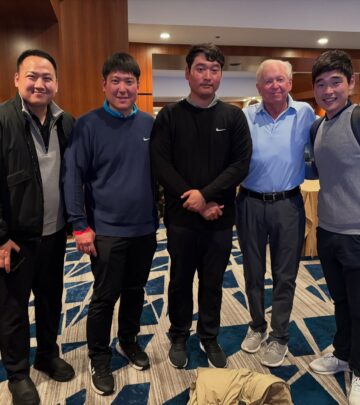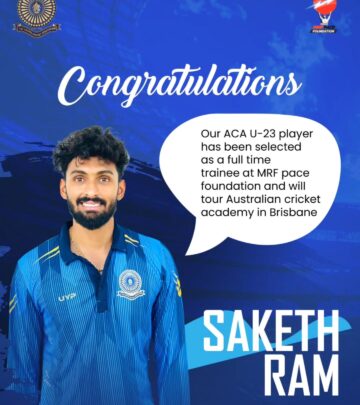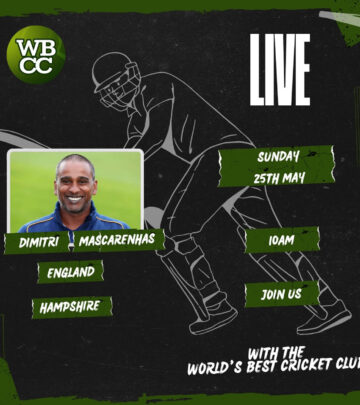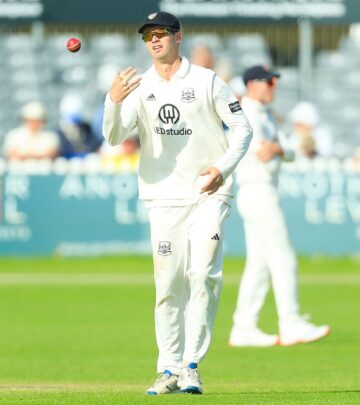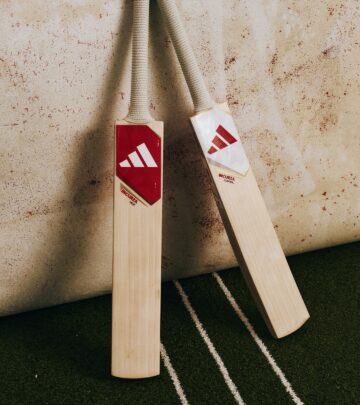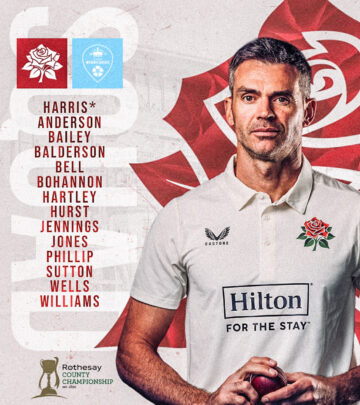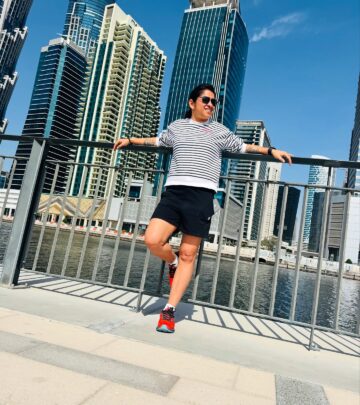Patience Key To Finishing Moves, Says Danaher
John Danaher explains how easing the pace and ensuring control boosts victory percentages.
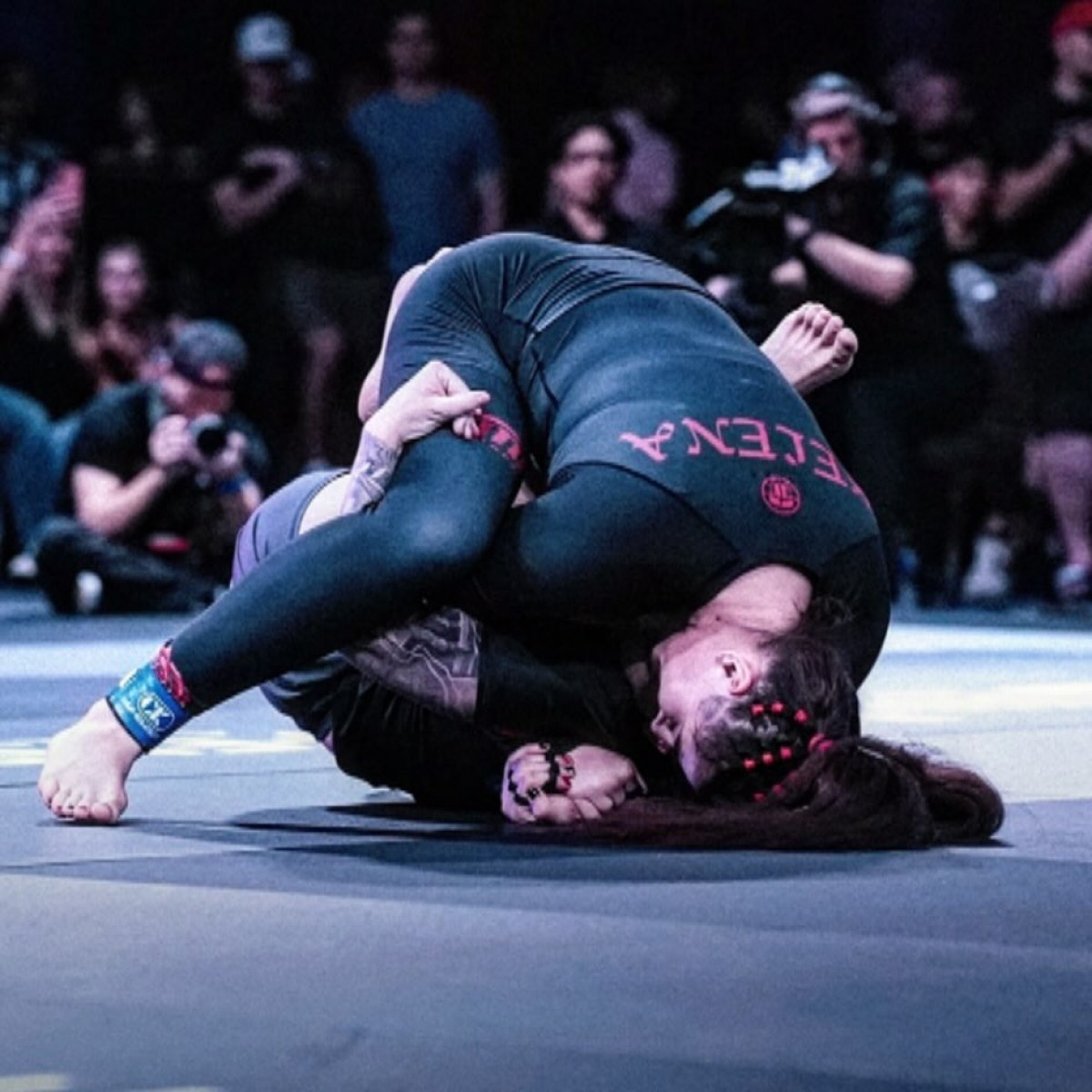
Image: Instagram
John Danaher, renowned jiu jitsu coach and strategist, has once again shared his timeless insight on the art of winning. In a recent Instagram post, Danaher underscored the importance of patience during victory. He explained, “One of the hardest things to learn is PATIENCE WHEN YOU’RE WINNING.” The message is clear: rather than rushing to finish a match, athletes should focus on establishing control and ensuring that all pre-requisites are in order. This advice resonates with many in the competitive world of martial arts, where the rush to secure a win can sometimes lead to costly errors.
Insight On Patience And Control
In his post, Danaher details a subtle balance that separates a good fighter from a great one. He notes that while it is natural to want to speed things up when victory seems imminent, deliberately slowing down can be a smarter play. This approach not only minimizes the chance for an opponent to turn the tables but also enhances finishing percentages. The essence of his message is that control should always come before speed during crucial moments. By taking the time to lock in positional advantages, competitors can ensure that their finishing move is both efficient and inevitable.
Drawing from decades of experience, Danaher’s perspective is built on the idea of methodical progress. In jiu jitsu, where reaction times and decision-making under pressure are paramount, focusing on preliminary control can lead to more decisive, incisive moves. This theme of patience as a strategy echoes throughout his career, reminding athletes and coaches alike that success often lies in the details.
The Strategy Behind Slowing Down
Danaher’s philosophy is supported by a wealth of evidence stemming from both practice and observation. He articulates that the temptation to hastily execute a move might be overwhelming, especially when the advantage seems clear. However, stepping back and ensuring that every component of the technique is properly set up can significantly increase the likelihood of a successful finish. His approach emphasizes a measured pace—a cadence that prioritizes accuracy and consistency over hurried action. This strategy is particularly important in a sport where mechanical efficiency, timing, and precision govern the outcome of a match.
Older posts from Danaher reinforce this idea by focusing on the importance of developing a deep understanding of technique rather than simply mimicking actions. In one such post, he shared, “If you can keep your head when all about you are losing theirs…” This previous insight complements his latest advice by highlighting calmness and strategic thinking as key components of success. Such themes have made Danaher a respected figure in the jiu jitsu community and are now more relevant than ever as he dispenses guidance on maximizing finishing percentages.
Foundations In Mechanical Efficiency
Beyond the immediate advice on pacing during victory, Danaher also touches on a greater principle that is essential for any martial artist: mechanical efficiency. In a sport driven by physics, any deviation from optimal mechanics can cost energy and effectiveness. Danaher famously states, “There is much about jiu jitsu that is deeply subjective, but mechanical efficiency is the one area where you’re either correct or incorrect.” When questioned about the nuances of technique, his responses are imbued with a careful consideration of how every subtle movement can influence the outcome of a match.
The emphasis on preparation and control is not just theoretical. Evaluating match outcomes and learning from every bout, Danaher encourages fighters to identify and harness their preliminary controls. In his view, every practice drill, every simulated sparring session, should be an opportunity to refine these crucial components. As his words suggest, the ability to slow things down at the right moment is not a sign of hesitation, but an indication of refined strategy.
Adapting Under Pressure
The expert coach also stresses the importance of adaptability. When athletes are aware of their objectives, they become better equipped to adjust their techniques on the fly. Danaher’s advice to “slow things down a little rather than speed them up” is a reminder that even in high-pressure environments, thoughtful assessment can pave the way for victory. His teachings have influenced numerous athletes who have gone on to excel, and his perspective is often discussed in seminars and training sessions across the jiu jitsu world.
Moreover, as evidenced by the consistent high engagement on his Instagram posts—including the recent one featuring a dynamic image that captures his contemplative expression—the community values his reflections on strategy. This post, accompanied by a striking image of Danaher, illustrates that even in moments of apparent triumph, the mindset of a champion is built on careful planning and continuous growth.
In an era where rapid results are often glorified at the expense of foundational techniques, John Danaher’s counsel serves as a necessary reminder. His observation that control should precede speed is a lesson for all athletes to focus on the underlying mechanics that secure a win. This nuanced advice is reflective of his 20-plus years of experience and has helped shape the strategic approach of many emerging talents in the sport.
Danaher’s message is a call to action for athletes and coaches alike: master the basics, uphold the discipline of patience, and let strategic control lead the way. By adopting this mindset, the art of finishing moves is elevated from mere reactionary tactics to a refined skill set built on deliberate preparation.
Read full bio of Srijita De



